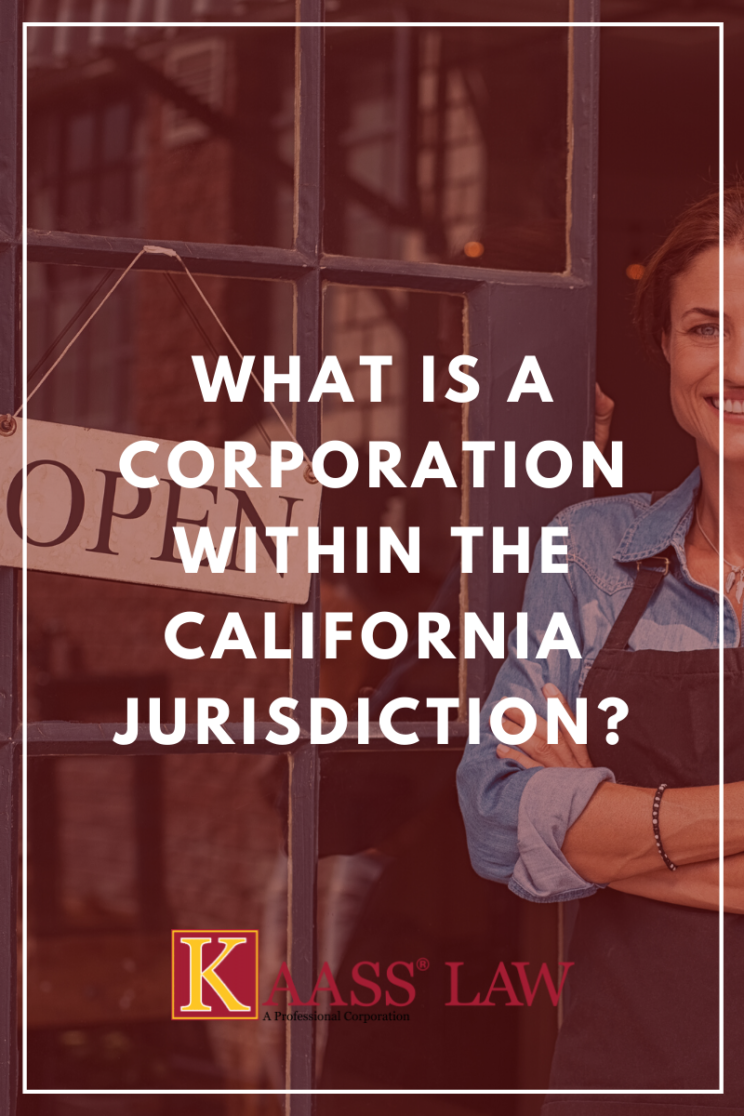The first step in starting a business is to gain a business formation. In general, there are four types of business formation in Californian. They include:
- Sole proprietorship;
- Partnerships;
- Limited Liability Companies;
- Corporations
What Is the General Definition of a Corporation?
A corporation is an organization through which a business is conducted. It is a legal entity incorporated in certain jurisdictions by its founders. Like a physical person, a corporation has its rights and obligations. However, the latter shall not be attributed to the owner(s) of a corporation, since they are distinct from each other.
What are the Characteristics of a Corporation?
Corporations as a rule have several of distinctive characteristics that altogether separate them from the other types of legal entities and help to obtain certain rights and obligations. Many specialists in the field of corporate/business law distinguish characteristics of corporations that overlap one with the other. Many lawyers believe that the central attributes of the corporations are:
- Perpetual existence,
- legal personality/identity
- limited liability.
Perpetual Existence
In most states, it has become a conventional practice when the companies are incorporated without having a temporary existence limitation and only in exceptional cases do the founders/shareholders of the companies decide to have an ending date. If the shareholders decide, at the moment of registration, that the company should have a specified ending date, then the defined date shall be considered as an automated end of the corporation if prescribed in the charter of the company. However, in the prevailing number of cases, the founders of the corporations do not specify an ending date, which means that the corporation can have an ending date only if:
- It is declared bankrupt and then liquidated;
- The founders decide to liquidate the company accompanied by the court decision.
What is the Aim of Perpetual Existence?
The characteristic of perpetual existence of the corporation gives the shareholders a sense of comfort meaning that the corporation is easily manageable, safer and a stable place to make investments, expect returns without having to worry about the sudden changes. Likewise, this characteristic eliminates any extra expenses the corporation may have taken for the regular updates/addendums in the state registration body. Alternatively, corporations can carry the information as initially prescribed in the charter without spending additional efforts to file any other documents.
Legal Personality with Respect to The Business Entity Formation
A legal personality in the case of companies is decided by the specific types of business organizations, which own separate property and assets (tangible, intangible) and the liability of the latter extends to the assets and investments it committed. The legal persons can acquire and exercise property and non-property rights, carry on responsibilities, act as plaintiffs and/or defendants in courts.
Limited Liability Company
Limited liability is a fundamental doctrine of corporate law. There are many benefits of a limited liability company. The rule of limited liability implies that the investors who make contributions to the equity capital of the company/corporation bear the risks only to the extent of the initial investments and the assets the company possesses.
For example, if A and B persons, each owning 50% of the shares in the company, jointly organized, invested 200$ in total to the charter capital of the company, then each of them risks only 100$ and not more than the investment if no other assets are transferred under the property entitlement of the company.
Get in Touch with a Corporate Attorney
If you need help in forming a corporation in California we invite you to contact our Los Angeles Business lawyer at (310) 943-1171.

